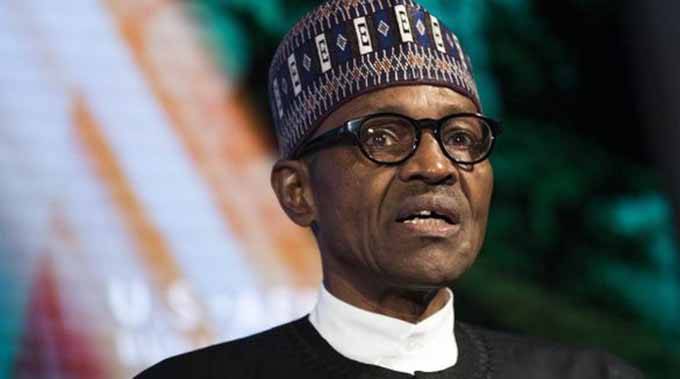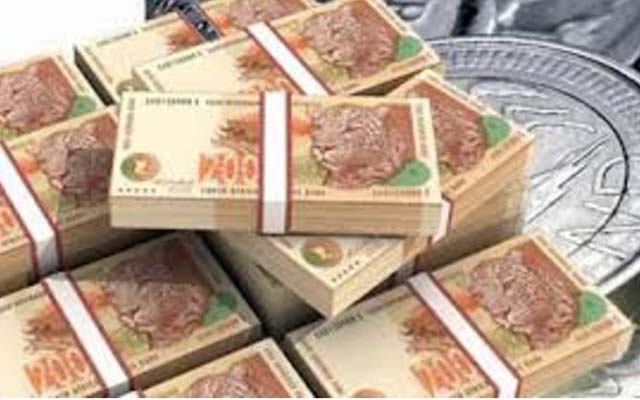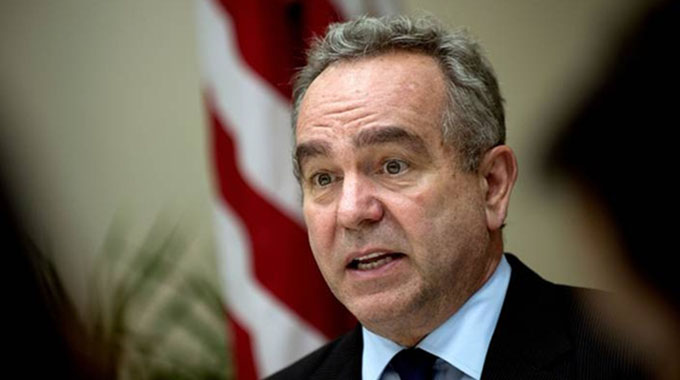Nigeria’s race for 2019 presidency

ABUJA. — Nigerians will on February 16 choose who will lead Africa’s largest democracy between two leading contenders: President Muhammadu Buhari and former vice president Atiku Abubakar. The two have run for president nine times between them.
There are more than 60 other candidates, though their chances of winning are slim as the wealth and patronage networks of the two main parties drive the politics of Africa’s top oil producer.
President Buhari’s 2015 victory with his All Progressives Congress (APC) party was built on three promises: to rid Nigeria of endemic corruption, fix the economy and tackle security threats.
The government says it is making progress but the military’s efforts to fight the Boko Haram Islamist insurgency and its Islamic State-allied offshoot, now in its tenth year, are crumbling.
President Buhari said if he wins again, he would continue to develop the rail and road network. He has also vowed to expand a nationwide vocational skills programme, improve access to credit for entrepreneurs and continue his fight against corruption.
Atiku, the candidate of the main opposition People’s Democratic Party (PDP), has been caught up in corruption allegations since serving as vice president from 1999-2007. He has repeatedly denied any wrongdoing.
His businesses include a port logistics firm and a private university. He has promised business-friendly policies to double the size of the economy to $900 billion by 2025 if elected.
Nigeria’s median age is just 18, according to the United Nations. Buhari (76), is the oldest person to lead Nigeria since the transition to civilian government in 1999 and the PDP chose 72-year-old Atiku as their candidate. Both men have said they remain energetic enough to take on the top job.
Voter turnout in the 2015 election was 29.4 million, or 44 percent of the 67.4 million registered voters, according to Independent National Electoral Commission data. For 2019, the number of registered voters has risen by a quarter to 84 million, with just over half of them aged 18-35.
The candidate with the most votes is declared winner as long as they have at least one-quarter of the vote in two-thirds of Nigeria’s 36 states and the capital. Otherwise there is a run-off. — Reuters/HR.









Comments